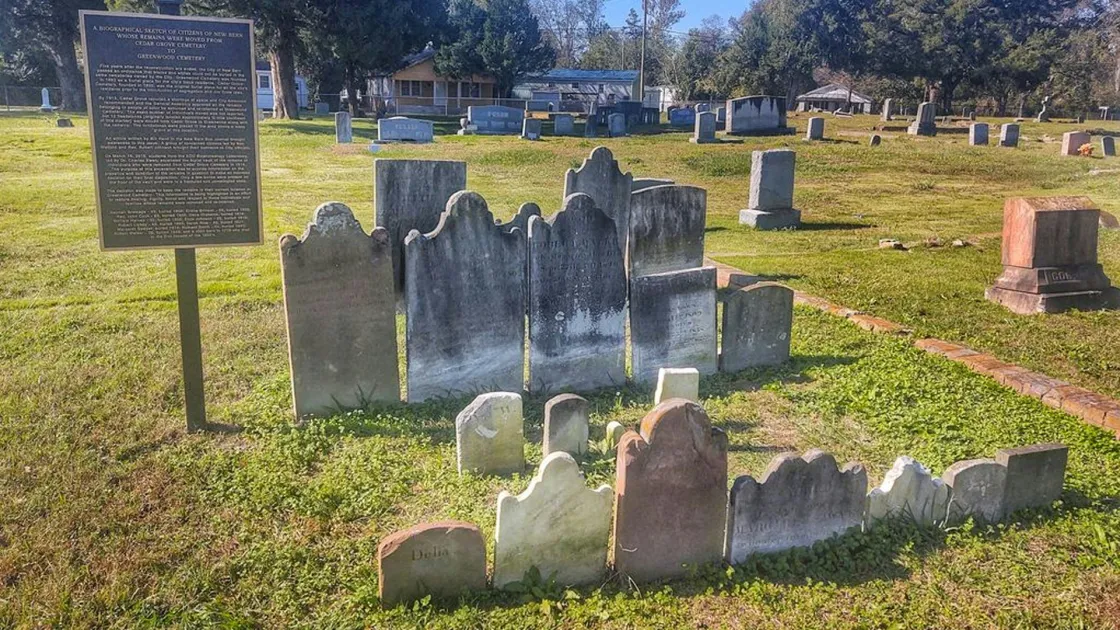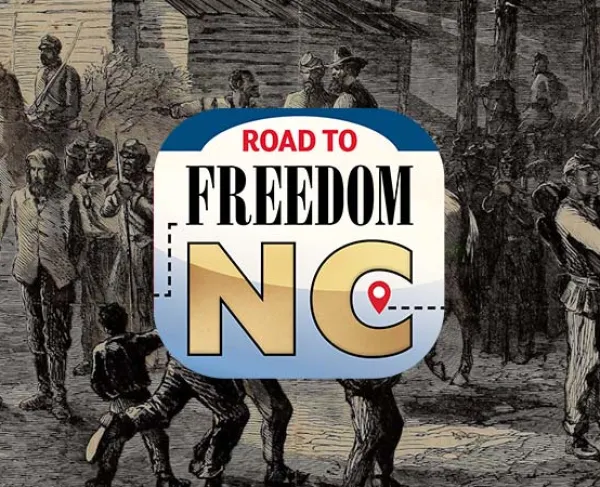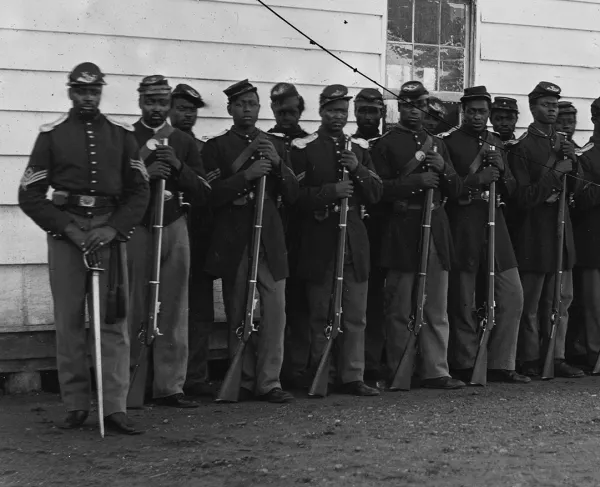Greenwood Cemetery
North Carolina
810 Cypress Street
New Bern, NC 28560
United States
This heritage site is a part of the American Battlefield Trust's Road to Freedom: North Tour Guide app, which showcases sites integral to the Black experience during the Civil War era. Download the FREE app now.

Established in 1860, Greenwood Cemetery is the second oldest public cemetery and the first city-owned African American cemetery in New Bern, North Carolina.
It was founded for the African American community during the Civil War and the years of segregation. The cemetery is the final resting place for many who helped shape the history of New Bern and its people including United States Colored Troops who fought valiantly in the war and a black legislator who was a prominent leader of the post war period.
- Thomas Fisher (1834-1894), Co. C, 38th USCT who occupied in Richmond in 1864
- Payton White (1847-1870), Battery A 14th U.S. Heavy Artillery
- Cornelius W. Jones (June 8, 1825 - October 22, 1913), Battery B 14th U.S. Heavy Artillery
- Jonas McDonald (1839- August 31, 1893), Battery B 14th U.S. Heavy Artillery
- William Amsted Wood (1846 - December 3, 1918), 20th USCT, served in Louisiana and Texas between 1864.
James Edward O'Hara is an African American politician, educator, editor, lawyer, and Halifax County commissioner, was born in New York City to an Irish merchant and a West Indian woman. As a young boy he lived with his parents in the West Indies but returned to New York City when he came of age. At 18, O’Hara accompanied a missionary group to eastern North Carolina, where he was a schoolteacher in Freedman schools.
His ability to communicate prophetically to the black community gave his political career momentum. In 1866, James began performing secretarial work for the freedmen's convention and the North Carolina constitutional convention, where he was an engrossing clerk.
After studying law at Howard University, he was admitted to the bar in 1873 and established a practice in Enfield, Halifax County. He was an active member in Republican politics in North Carolina and became a member of the commissioner board in Halifax County, served as chairman from 1872 to 1876. O’Hara was one of the representatives for the Second Congressional District, also known as the “Black Second.”
During his second term, served as a prominent leader for his party before losing the seat. With his son, Raphael, he returned to his law firm in Enfield and published his own newspaper, the "Enfield Progress." O'Hara remained in New Bern until the end of his life in 1905 and was buried in Greenwood Cemetery.




